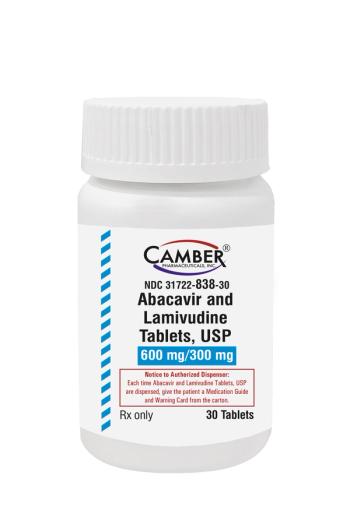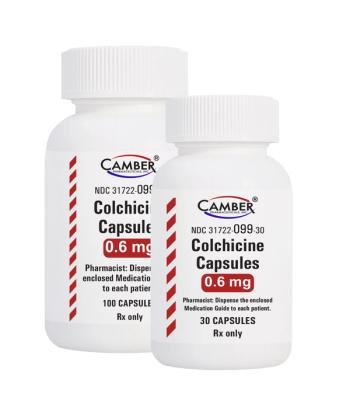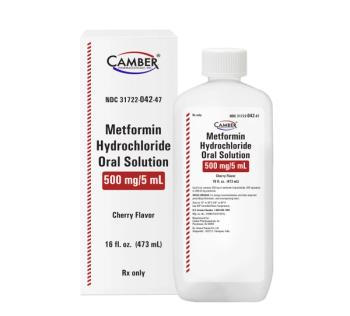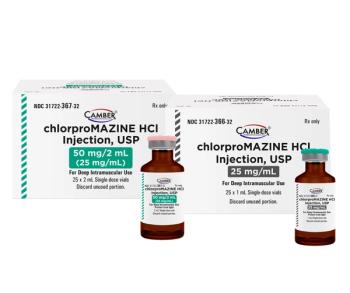
Coya Therapeutics, Inc. and Dr. Reddy’s Laboratories enter into an Exclusive Collaboration for Development and Commercialization of COYA 302, an Investigational Combination Therapy for Treatment of Amyotrophic Lateral Sclerosis (ALS)
Under the Agreement, Dr. Reddy’s will obtain commercialization rights for COYA 302 in the United States, Canada, the European Union and the United Kingdom, for patients with ALS.
Dr. Reddy's Laboratories SA, wholly-owned subsidiary of Dr. Reddy’s Laboratories Ltd. (BSE: 500124, NSE: DRREDDY, NYSE: RDY, NSEIFSC: DRREDDY, along with its subsidiaries together referred to as “Dr. Reddy’s”), and Coya Therapeutics, Inc. (NASDAQ: COYA) (“Coya”), today announced that they have entered into a development and license agreement (the “Agreement”) for the development and commercialization of COYA 302, an investigational combination therapy for the treatment of Amyotrophic Lateral Sclerosis (ALS).
Under the terms of the Agreement, Coya has granted Dr. Reddy’s an exclusive license to commercialize COYA 302, a proprietary co-pack kit containing combination of low dose IL-2 and CTLA-4 Ig (abatacept) in the United States, Canada, the European Union and the United Kingdom for ALS. This Agreement is in addition to the in-licensing agreement with Dr. Reddy’s signed in early 20231. Coya retains the right to commercialize COYA 302 for patients with amyotrophic lateral sclerosis (ALS) in Japan, Mexico, and each country in South America. Coya will have responsibility for the clinical development of COYA 302 and for seeking regulatory approval for COYA 302 for patients with ALS in the United States.
Dr. Reddy’s will make a USD 7.5 million upfront payment to Coya. Upon the first FDA acceptance of an investigational new drug (IND) application for COYA 302 for the treatment of ALS, Dr. Reddy’s will pay Coya an additional USD 4.2 million. Upon dosing of the first patient in the first Phase 2 trial of COYA 302 for the treatment of ALS in the United States, Dr. Reddy’s will pay Coya an additional USD 4.2 million. Coya anticipates that the IND filing will be made in the first half of 2024. The Agreement also includes development and regulatory milestones up to USD 40 million should all such development and regulatory milestones be achieved. Additionally, Coya is eligible to receive sales-based milestone payments of up to USD 677.25 million linked to tiers of cumulative net sales being achieved over several years (over the term of the agreement subject to product commercial exclusivity). In addition, Dr. Reddy’s will pay Coya royalties based on a percentage net sales of COYA 302 ranging from low to middle teens. Coya is not a related party to Dr. Reddy’s or its promoters/promoter group.
Marc Kikuchi, Chief Executive Officer of Dr. Reddy’s North America, said: “Patients with ALS, commonly known as Lou Gehrig’s disease, have very few treatment options. We are pleased to partner with Coya Therapeutics on this investigational therapy which may have a unique place in treating patients with this progressive neurodegenerative disease. With this promising biologic product, we hope to reach many more patients around the world in keeping with our aim of serving over 1.5 billion patients by 2030. Dr. Reddy’s biosimilars/biologics business is part of our key strategic initiatives expected to drive both near-term and long-term growth.”
Dr. Howard Berman, Chief Executive Officer of Coya, observed: “The Coya team is delighted to enter this exciting partnership with Dr. Reddy’s, a world class organization that defines excellence in innovation and commercialization. While the agreement provides the financial resources to execute on the Phase 2 clinical program for COYA 302 in ALS, the strategic value of the partnership contributes much more than capital. We will benefit from and leverage Dr. Reddy’s manufacturing expertise and growing commercial infrastructure both in the USA and worldwide as we plan together for the future of COYA 302 in ALS, a devastating disease with a high unmet need.”
COYA 302 was developed out of the multi-year translational research collaboration between Coya and Houston Methodist in the laboratory of Dr. Stanley Appel, an internationally renowned researcher and clinician. Houston Methodist is one of the leading hospital and academic research facilities.
About Coya 302: COYA 302 is an investigational and proprietary biologic combination therapy with a dual immunomodulatory mechanism of action intended to enhance the anti-inflammatory function of regulatory T cells (Tregs) and suppress the inflammation produced by activated monocytes and macrophages. COYA 302 is comprised of proprietary low dose interleukin-2 (LD IL-2) and CTLA-4 Ig, and is being developed for subcutaneous administration for the treatment of patients with ALS. These mechanisms may have additive or synergistic effects.
In February of 2023 Coya announced results from a proof-of-concept, open-label clinical study evaluating LD IL-2 and CTLA-4 Ig in small cohort of patients with ALS, conducted at the Houston Methodist Research Institute (Houston, Texas) by Stanley Appel, M.D., Jason Thonhoff, M.D., Ph.D., and David Beers, Ph.D. This study was the first-of-its-kind evaluating this dual-mechanism immunotherapy for the treatment of ALS. Patients in the study received investigational treatment for 48 consecutive weeks and were evaluated for safety and tolerability, Treg function, serum biomarkers of oxidative stress and inflammation, and clinical functioning as measured by the ALSFRS-R scale.
During the 48-week treatment period, the therapy was well tolerated. The most common adverse event was mild injection-site reactions. No patient discontinued the study, and no deaths or other serious adverse events were reported.
Patients' disease progression was measured using the ALSFRS-R scale, a validated rating tool for monitoring the progression of disability in patients with ALS. The mean (±SD) ALSFRS-R scores at week 24 (33.75 ±3.3) and week 48 (32 ±7.8) after initiation of treatment were not statistically different compared to the ALSFRS-R score at baseline (33.5 ±5.9), suggesting significant amelioration in the progression of the disease over the 48-week treatment period.
Treg suppressive function, expressed as percentage of inhibition of proinflammatory T cell proliferation, showed a statistically significant increase over the course of the treatment period and was significantly reduced at the end of the 8-week washout post-treatment period. Treg suppressive function at 24 weeks (79.9±9.6) and 48 weeks (89.5±4.1) were significantly higher compared to baseline (62.1±8.1) (p<0.01), suggesting enhanced and durable Treg suppressive function over the course of treatment. In contrast, Treg suppressive function (mean ±SD) was significantly decreased at the end of the 8-week washout period compared to end-of-treatment at week 48 (70.3±8.1 vs. 89.5±4.1, p <0.05).
The study also evaluated serum biomarkers of inflammation, oxidative stress, and lipid peroxides. The available data up to 16 weeks after initiation of treatment suggest a decrease of these biomarker levels, which is consistent with the observed enhancement of Treg function. The evaluation of the full biomarker data is ongoing.
Coya 302 is an investigational product not yet approved by the U.S. Food and Drug Administration or any other regulatory agency.
Newsletter
Stay informed on drug updates, treatment guidelines, and pharmacy practice trends—subscribe to Pharmacy Times for weekly clinical insights.

























